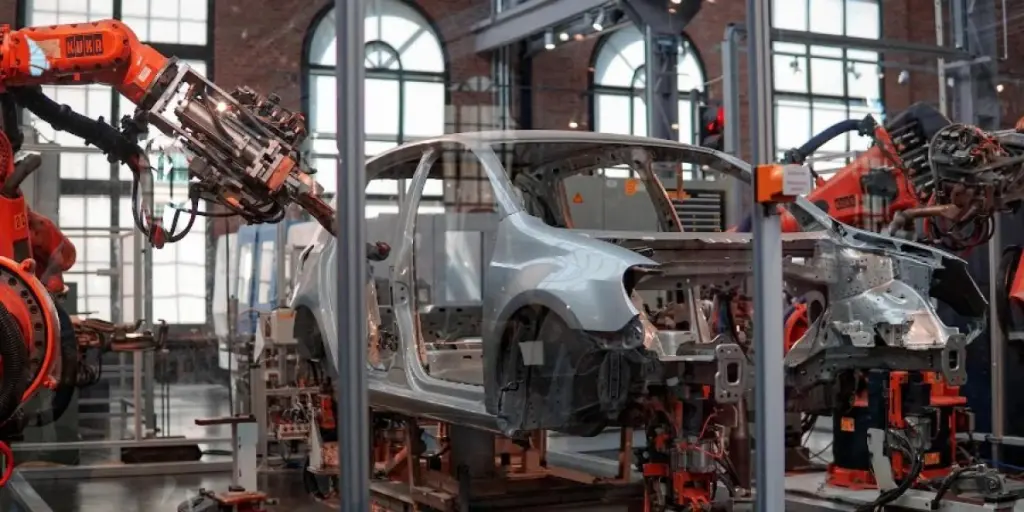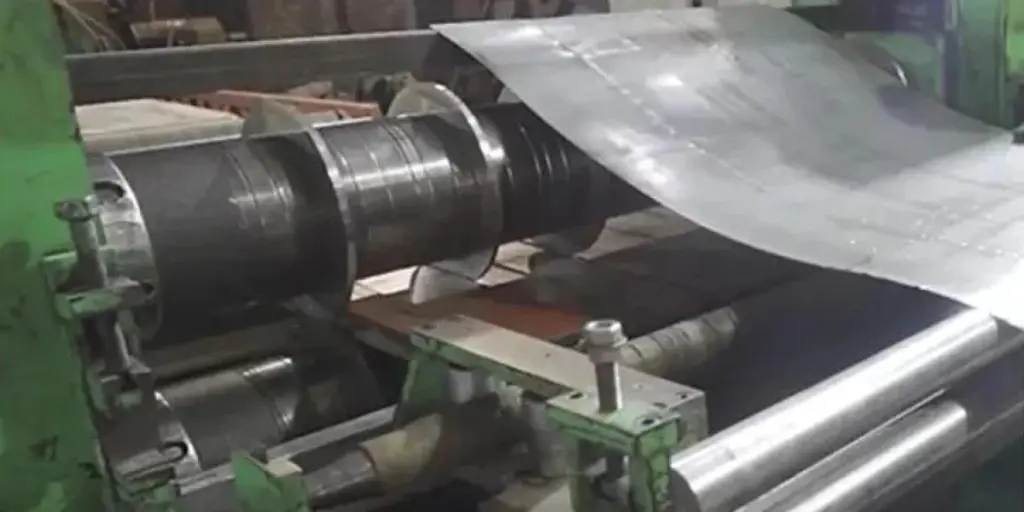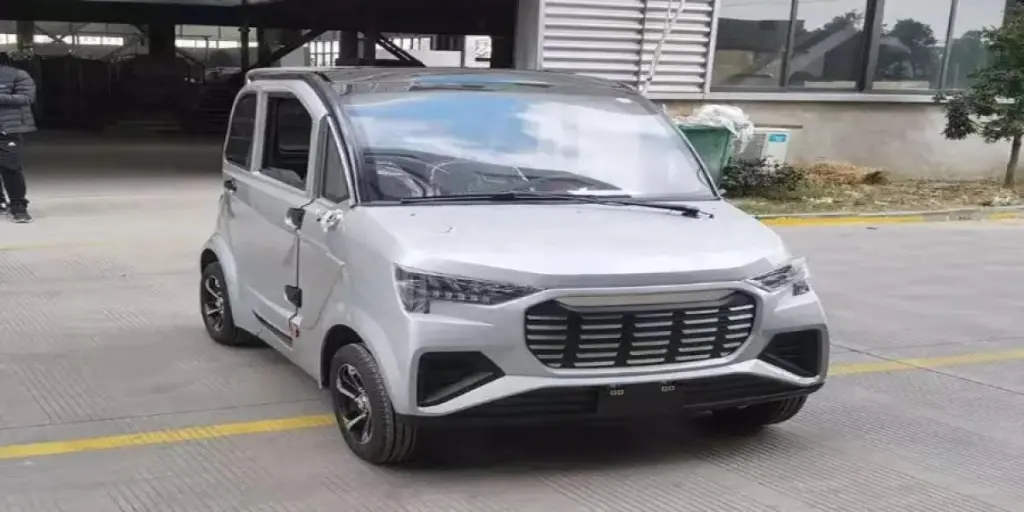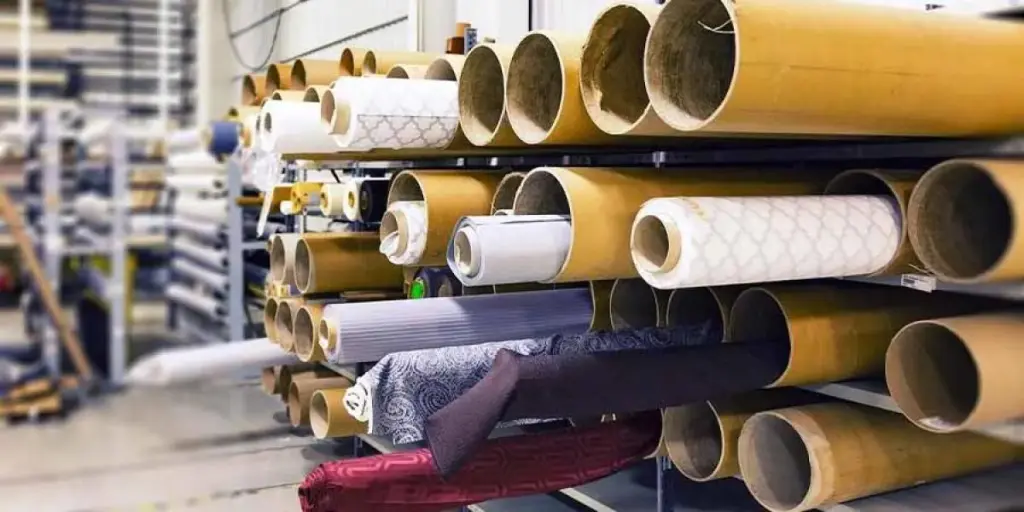Industrial automation is the use of technologies and devices to make production easier. It has developed slowly over the years thanks to new technologies. Also, it has increased in market demand, with people and organizations opting to advance to it due to its numerous advantages, which are discussed below.
Table of Contents
What is manufacturing automation?
History of automation in manufacturing
Types of automation in manufacturing
Methods of manufacturing automation: tools and methodologies
How has automation affected the manufacturing industry
Future of automation
What is manufacturing automation?
Manufacturing automation or production automation is the use of machinery, equipment, and technology to automate production. This includes the use of software programs, production robots, and systems that make production a lot easier, revolutionizing and optimizing the production process. It is normally used instead of people or where tasks are impossible.
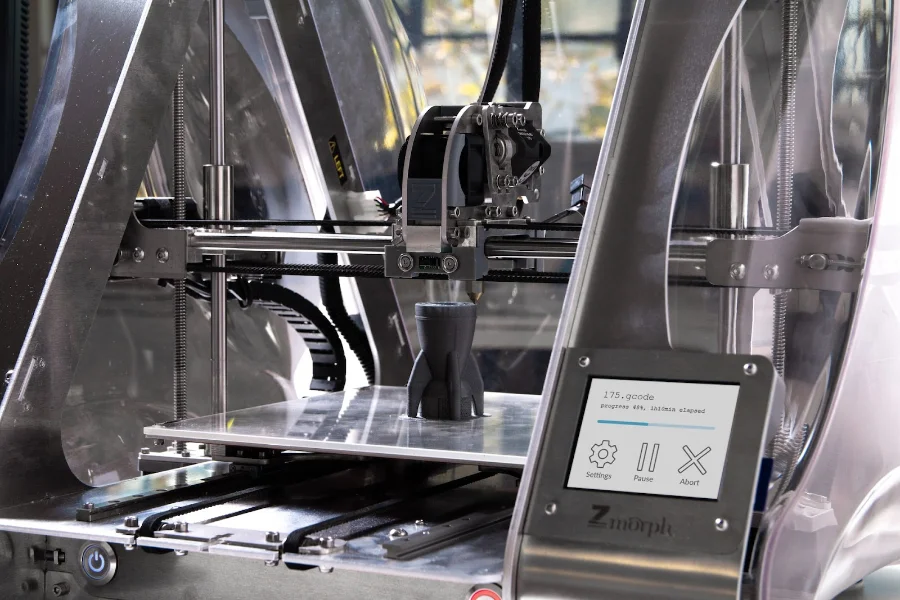
History of automation in manufacturing
D.S Harder came up with the term “manufacturing automation” in 1946. However, this is not when manufacturing automation began. Tracing back to pre-historic times, it is evident that that was when manufacturing automation began. The invention of tools such as wheels, pulley systems, levers, etc. is proof that manufacturing automation has existed from time immemorial.
During the industrial revolution, the invention of the steam engine made manufacturing automation take a turn. It made factories easier to build since they could be settled almost anywhere. Previously, they were powered by water wheels, and factories could be constructed only close to water bodies.
Then, the late 1940s came with the invention of electronic computers, and the 1960s allowed for device miniaturization. The years that followed led to growth in the digital field and have brought about what we use now in factories.
Currently, manufacturers are experimenting with artificial intelligence.
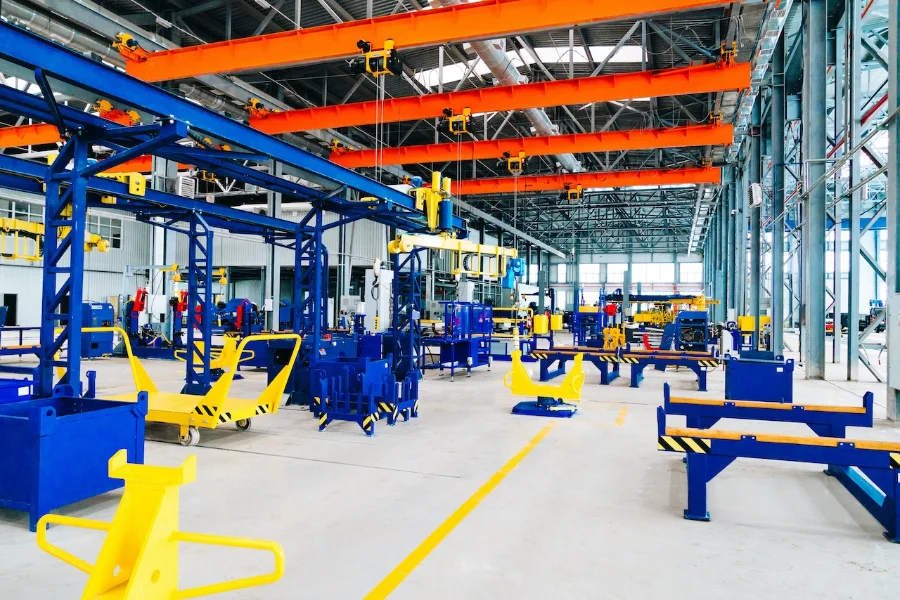
Types of automation in manufacturing
Different types of automation are used depending on the kind of manufacturing. They are listed below:
Fixed automation
It is also called hard automation. This system uses specific machines to produce particular products. The speed and sequence of the process are put in place based on the requirements of the product. It is ideal for high-volume manufacturing.
Programmable automation
This form of automation allows you to produce products in batches because it can be programmed. You print the first batch, change the system, and produce the next batch. You can even create another program, install it into the machines, and proceed with production.
Flexible automation
It enables the production process to be quickly and easily changed to alter the product design. It can often be accessed remotely using machines and controls.
Methods of manufacturing automation: tools and methodologies
Many tools and methods can be used to achieve automation. They include:
Numerical control
This entails machine tools being controlled by computers, allowing production to be handled by numeric data.
Computer numerical control
This form of automation uses a microchip embedded with the necessary software. It enables the control of the device through direct input from the information of the computer program.
Automated tools
These are several different programs that can be used to help increase the amount of manufacturing automation in your organization. Machines rely on software that helps production to continue on its own.
Island of automation
This kind of automation is joined with other systems it can work with. It remains an individual system in the organization. That is, it is not affected by the other systems.
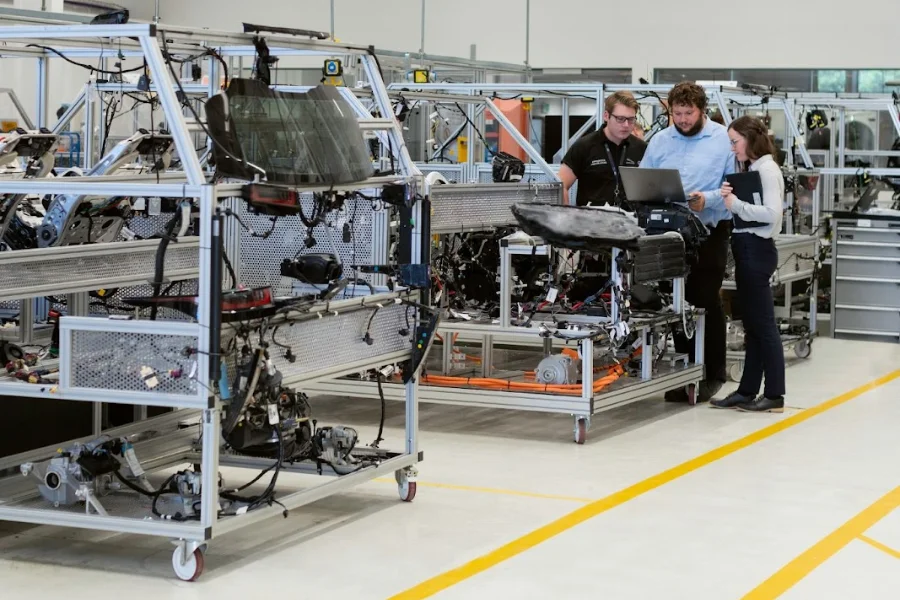
Programmable logic controllers (PLC)
These small computers can be used to receive data and send it as instructions to the production machines.
How has automation affected the manufacturing industry
Industrial automation has greatly benefited the manufacturing industry in the following ways:
Industrial manufacturing: An automated production process will help reduce errors, offer better quality work, and meet deadlines. For example, in the food packaging industry, you can use automation to support the packaging of the products.
Supply chain management: Good software and systems can help track information on the products, what is in stock, what is going out, and what is needed. This will prevent a shortage of stock.
Oil and gas: Monitoring systems allow operators to monitor the rigs accurately and assess the situation. This will help mitigate many accidents that can occur during search expeditions.
Robotics: Robots are a perfect substitute when they can be used to perform tasks that are too hazardous and tedious to human beings.
Automotive industry: Vehicles are now manufactured with systems that allow them to control and securely lock themselves. In addition to this, some factories are now fully automatic, allowing for faster production of vehicles.
Future of automation
Businesses across all industries are currently adopting manufacturing automation to reduce costs and optimize workflows. They are slowly targeting to have 100% automated factories since it is a real possibility in the near future.
The use of robots will become more popular as new robotics technology makes automation attainable for companies of all sizes.
The internet of things also helps manufacturers access various components of their operations. This will enable manufacturers to access valuable data that will help them change and optimize production.
Further, the near future will see the combination of manufacturing automation and artificial intelligence to take care of mundane tasks that are sensitive and cannot afford any human error.
Final thoughts
Industrial automation has come a long way thus far and has great potential and future. Though it may seem to have a substantial negative impact on employment, it will open up even more opportunities in the future. Visit Alibaba.com for some products for industrial automation.
